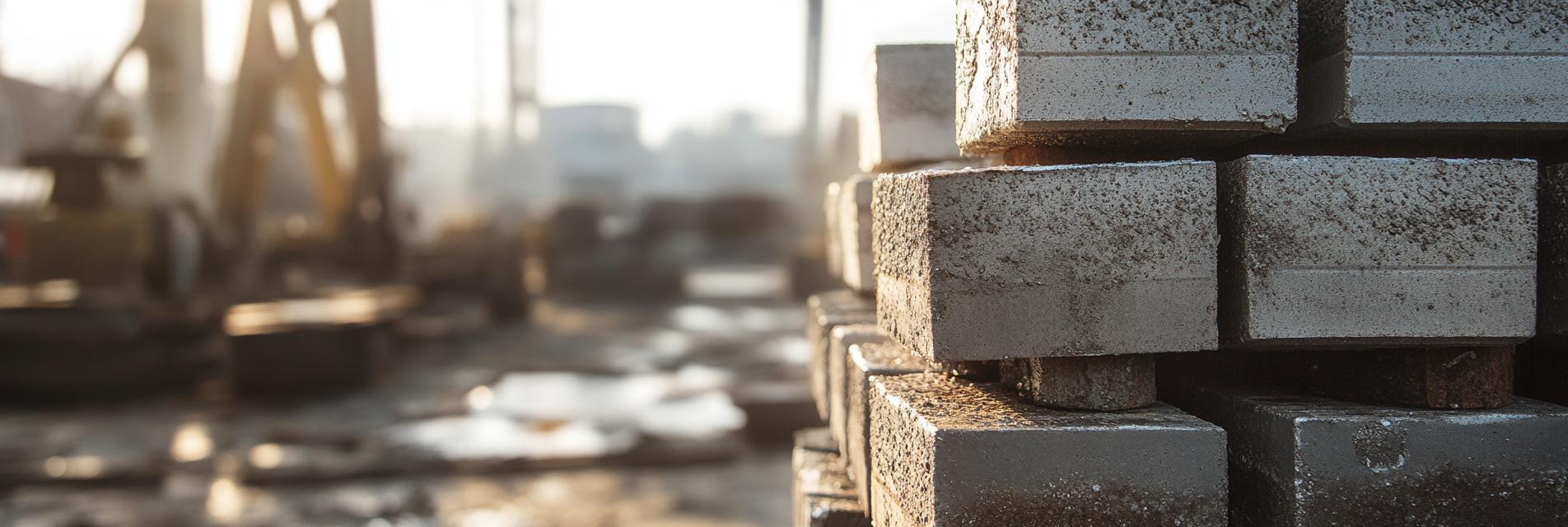In recent years, the advancements in the supply of molten magnesium bricks have been remarkable. As a professional in the field, I have witnessed first-hand how innovative manufacturing processes are reshaping the landscape of refractory materials. These developments not only enhance the properties of molten magnesium bricks but also expand their application in sustainable construction and various industrial sectors.
The evolution of manufacturing techniques has played a critical role in the production of molten magnesium bricks. Modern approaches emphasize precision and efficiency, reducing waste and energy consumption. By implementing advanced technologies such as automation and real-time monitoring, suppliers can achieve higher consistency and quality in their products. These innovations not only lead to superior refractory materials but also drive down costs, making molten magnesium bricks more accessible to a wider range of industries.
Sustainable construction practices are becoming increasingly important in today’s ecological landscape. Molten magnesium bricks stand out as an environmentally friendly option due to their recyclability and thermal efficiency. Their remarkable durability allows structures to withstand extreme conditions, reducing the need for frequent replacements. By incorporating these innovative materials, builders can create robust infrastructures that align with sustainability goals, ultimately contributing to a greener future.
In various industrial applications, the demand for high-performance materials has never been higher. Molten magnesium bricks are increasingly being utilized in high-temperature scenarios, such as steel production and metal casting. Their resistance to thermal shock and corrosion is critical for maintaining operational efficiency, thereby strengthening supply chains. This trend highlights the necessity for suppliers to adapt and evolve, ensuring that they meet the growing requirements of the industrial market.
The advancements in the supply of molten magnesium bricks are revolutionizing both sustainable construction and industrial applications. As the market continues to demand higher efficiency and durability in materials, the role of innovative manufacturing processes cannot be overstated. I firmly believe that these developments will not only reshape the industry but also pave the way for a more sustainable and resilient future. As professionals in the field, it is our responsibility to embrace these changes and advocate for the use of high-quality, eco-friendly materials.



